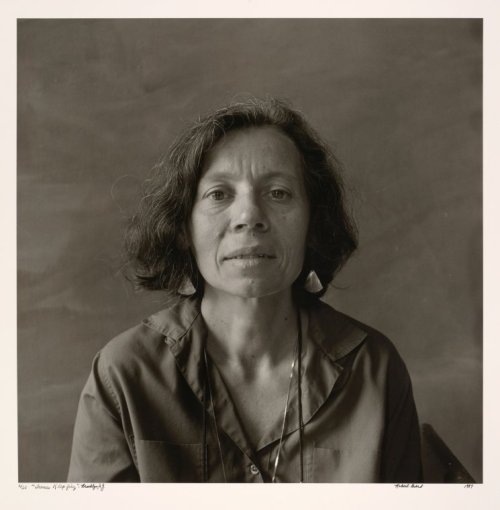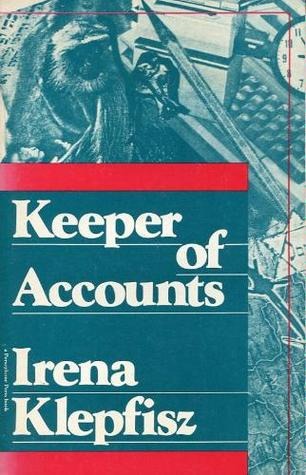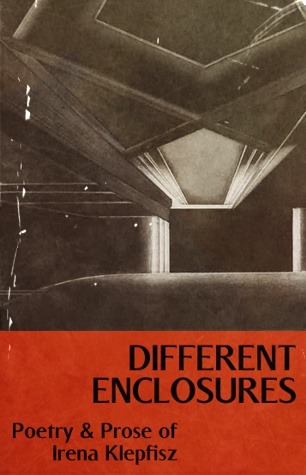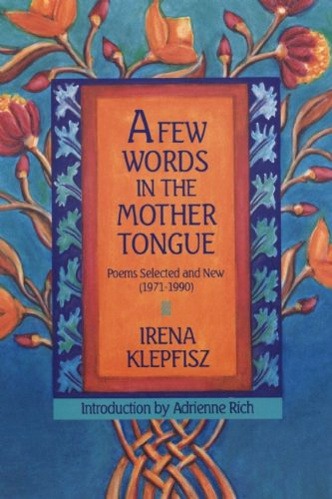#jewish poets
Hannah Szenes (1921-1944) was a Jewish Hungarian resistance fighter who was parachuted behind German lines in World War 2.
The child of a Jewish family in Hungary, Szenes showed a talent for writing from a young age. She was accepted into a Protestant private school, however in spite of a ‘gifted student’ discount she still had to pay double the regular fees because she was Jewish. Combined with her awareness of the worsening situation for Jews in Hungary, this led her to join Maccabea, a Hungarian Zionist youth movement.
In 1939 Szenes traveled to the British Mandate of Palestine where she studied agriculture and wrote poetry and plays about Kibbutz life. In 1941 she joined the Jewish paramilitary force Haganah and in 1943 volunteered to join the British Special Operations Executive to train as a paratrooper. After training in Egypt she was selected to take part in an operation to infiltrate German-occupied Europe and establish links with beleaguered Jewish communities.
On March 14th 1944 Szenes was parachuted into Yugoslavia along with two men, Yoel Palgi and Peretz Goldstein. Their mission was to enter Hungary and help save Hungarian Jews from being deported to the Auschwitzconcentration camp. The team spent 3 months working with Yugoslavian partisans, during which they discovered that Hungary had been forcibly occupied by German forces in retaliation for attempting to surrender to the Allies. Faced with this new information Palgi and Goldstein decided to call off the mission. Szenes disagreed and pressed on to the Hungarian border alone, however not long after crossing she was arrested by Hungarian police.
Szenes was imprisoned and suffered a brutal interrogation by police who wanted to know the code for the radio transmitter she used to communicate with the partisans and the British. She was stripped, tied to a chair, and whipped and clubbed for 3 days. She lost several of her teeth. Yet she refused to surrender the code and so she was transferred to a Budapest prison where she continued to be tortured. Frustrated that she wouldn’t break, the guards brought in her mother, who she had not seen for 5 years, and threatened her life. Despite this Szenes still refused to give up the code and eventually her mother was released.
Szenes spent the next three months in prison but was not idle. She communicated with other prisoners using a mirror to flash signals and used large cut-out letters to spell out messages in Hebrew. She often sang to keep up the spirits of the other prisoners. However in late October she was tried for treason and on November 7th 1944 she was executed by a German firing squad.
Following the end of the war, Szenes became widely known when her diary, poetry and plays were published. She was recognised as a national heroine of Israel and in 1950 her remains were reburied in the military cemetery on Mt HerzlinJersualem.
One of the final entries in her diary contained a poem reading:
In the month of July I shall be twenty-three,
I played a number in a game,
The dice have rolled. I have lost.
Post link
Top: Irena Klepfisz (Brooklyn, 1987). NYPL Digital Collections.
Below:The covers of Periods of Stress(1975),Keeper of Accounts (1982),Different Enclosures(1985),A Few Words in the Mother Tongue (1990),andDreams of an Insomniac(1990).
Klepfisz also co-edited The Tribe of Dina: A Jewish Women’s Anthology (1986) and A Jewish Woman’s Call for Peace: A Handbook for Jewish Women on the Israeli/Palestinian Conflict (1990), was a founding editor of Conditions magazine and of Out & Out Books press, and was a contributor to numerous lesbian/feminist and Jewish anthologies and magazines, including InVersions (Warland, 1991), An Intimate Wilderness (Barrington, 1991), Garden Variety Dykes (Reti, 1994), Bridges,Sinister Wisdom, and IKON. She was born in Warsaw, Poland, in 1941, and is the daughter of Rose Klepfisz, the esteemed Jewish history archivist.
They Did Not Build Wings for Them
fromDifferent Enclosures.
they did not build wings for them
the unmarried aunts; instead they
crammed them into old maids’ rooms
or placed them as nannies with
the younger children: mostly they
are in the kitchen, but sometimes
were permitted to dine with the family
for which they were grateful and
smiled graciously as the food was passed.
they would eat slowly never filling
their plates and their hearts would
sink at the evening’s end when it was
time to retreat into an upstairs corner.
but there were some who did not smile
who never wished to be grafted on
the bursting houses. these few remained
indifferent to the family gatherings
preferring the aloneness of their small rooms
which they decorated with odd objects
found on long walks. they collected
bird feathers and skulls unafraid to clean
them to whiteness; stones which resembled
humped bears or the more common tiger and
wolf; dried leaves whose brilliant colors
never faded; pieces of wood still covered
with fresh moss and earth which retained
their moisture and continued flourishing.
these they placed by their dresser mirror
in arrangements reminiscent of secret rites
or hung over delicate watercolors of unruly
trees whose branches were about to snap
with the wind.
it happened sometimes, that among these
one would venture ever further. periodically
would be heard vague tales of a woman
withdrawn and inaccessible suddenly disappearing
one autumn night leaving her room bare
of herself. women gossiped about a man.
but eventually word would come back
she had moved north to the ocean and lived
alone. she was still collecting.
but now her house was filled with crab
and lobster shells; discolored claws
which looked like grinning south american
parrots trapped in fish nets decorated
the walls; skulls of unidentifiable
creatures were arranged in geometric patterns
and soft reeds in tall green bottles
lined the window sills. one room
in the back with totally bare walls
was a workshop. here she sorted colored
shells and pasted them on wooden boards
in the shape of common flowers. these she sold
without sentiment.
such a one might also disappear inland.
rumor would claim she had traveled in
men’s clothing. two years later it would
be reported she had settled in the woods
on some cleared land. she ran a small farm
mainly for supplying herself with food
and wore strangely patched dresses and shawls
of oddly matched materials. but aloneness
was her real distinction. the house was neat
and the pantry full. seascapes and pastoral
scenes hung on the walls. the garden was
well kept and the flower beds clearly defined
by color: red yellow blue. in the woods
five miles from the house she had an orchard
here she secretly grafted and crossed varieties
creating singular fruit of shades and scents
never thought possible. her experiments rarely
failed and each spring she waited eagerly to see
what new forms would hang from the trees.
here the world was a passionate place and she
would visit it at night baring her breasts
to the moon.
Post link







